I don’t blame my parents for my childhood and the resulting traumas, but I used to. After all, whether I like it or not, I am defined by what happened during my childhood. No one is free from childhood trauma, as all parents, no matter how great they are, inevitably influence their children in negative ways that can define them for life.
Of course, there are positive moments too, but most people don’t remember these or give them enough value. When we think of a negative memory or experience, we tend to recall a concrete event, while positive experiences are often remembered globally and generally speaking. It’s interesting how that works.
Going back to everything that your parents did, didn’t do, or could have done differently, it’s important to realize that no one is perfect. For the most part, everyone is doing their best, with some parents doing better than others. Your parents’ best efforts might be substantially different from the ideal image of parenting we have in our minds.
Yet, this “ideal parent” image often goes out the window when we become parents ourselves. Most people realize how difficult it is to be a parent once they become one. Many of the childhood traumas they complained about, they repeat with their own children, perhaps in different ways, again suggesting that there is no such thing as perfect parenting. You can aim not to repeat the one or two things you disliked about your parents’ approach, but this might lead to a different set of issues for your children down the line.
I’m not scolding anyone, as I don’t know what “perfect parenting” is. I do know that not doing enough parenting often results in children feeling their parents didn’t do enough, while overly controlling parents can make children feel suffocated. Either way, we are damned if you don’t or we do, as the saying goes.
We are often too hard on our parents and our expectations of them. However, holding onto these traumas doesn’t serve us well in the long run, suggesting that it’s better to forgive our parents for everything they did, didn’t do, or should have done, learn the respective life lessons, and try to grow from the point where our parents limited us, becoming better people in the process.
Furthermore, if we have a good family, then everything is perfect and we should not give it another thought. However, when we have a toxic family, this leads to many unhappy childhoods, conflict, and loss of human potential overall. So what is a solution for a toxic family?
When Toxic Family Affect All Its Members
During COVID epidemic I was (un) lucky to get stuck in Greece, Santorini. There, I found many street cats, some of which were either friendly and welcoming or afraid and straight up mean. The difference, I noticed, depended on the cat’s parents. Essentially, by observing parent cats I could predict how other cats around would behave.
Specifically, next to my house lived one family of cats with father and mother cats and four kittens. The mother cat was especially nasty, snarling and hitting me, despite me never touching or threatening this cat. The worst part was that her kittens, who, despite their relatively young age, were behaving in a similar way. The whole family was afraid of us, keeping distance despite our continuous attempts to feed them and be nice to them. They were still happy to eat our food, but they would continuously show clear signs of aggression, even when they were hungry.
Oppositely, on the other side of the island, I met a family of kittens who would allow us to pet them and they actually enjoyed it, running towards us every time they saw us. We were not surprised to find that their parents were also welcoming and friendly.
For me, this is a clear example of how toxic families pass down their value through generations, and how an apple doesn’t fall far from the tree. In other words, often, even if we dislike something about our youth, parents, and the way we were raised, we can only hope to be slightly better (if not worse) than our parents.
But this is not to say that we destined to be toxic if our families were so. However, we do need to make an effort to separate ourselves from our caregivers and pursue our own life. We then need to become a student of our own good and bad habits that we have adopted over the years, and making clear steps to make necessary changes them. And while this is obviously the intention of most people, we only need to look at their parents, themselves, and their children to see how little is changing over the generations.
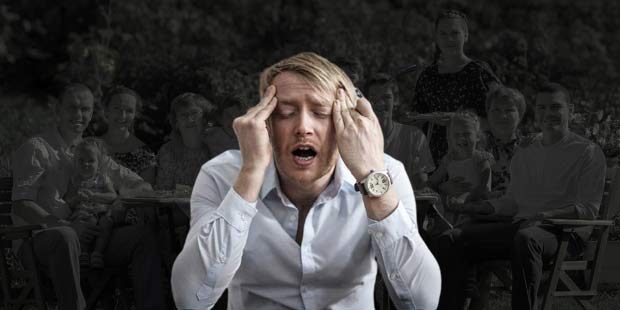
When to Embrace or Avoid Our Families
American entrepreneur, author and motivational speaker Jim Rohn once said that we are an average of five people we surround ourselves with. With this, he proposed a way to improve (or worse) our situation, simply by taking a closer look at people who we surround ourselves with and tactically replacing them with someone else.
Rohn, continued to state that we are an average of five people in every different area of life. Certainly, for most people, our family influences us on a deep level in many areas of our lives. In other words, family matters, and we should certainly keep our family around if they are a positive influence on us.
However, in the case when our family is toxic, this creates unnecessary stress, negative emotions, and demotivates people into inaction, preventing them from reaching their best self (at the very least it makes it that much harder). It can be in a simple way, such as they don’t come to see our football game, or in major ways, such as that will straight up call us stupid, a failure, or otherwise engage in a physical violence. Arguably, in these cases, if possible, we should distance ourselves from families, and give this energy to other people.
Don’t Poke a Sleeping Dragon
For example, I know many people who will be happy to spend time together with their families, but they will not talk to them about their jobs, dating lives, or their overall ambitions. Why should they, if every time they do so, they get into an argument? Simply said, people can have good intentions, but they don’t always come out in the best way possible, so rather than keep on poking a sleeping dragon, it is best to avoid it altogether.
Certainly, for some people, there will be no boundaries, but for others, they might need to stop talking to their parents altogether. And why not? If all they are getting is poison, why keep trying to make things better? Sure, they are our parents, but in some cases, everyone will be better off if we break this relationship for good.
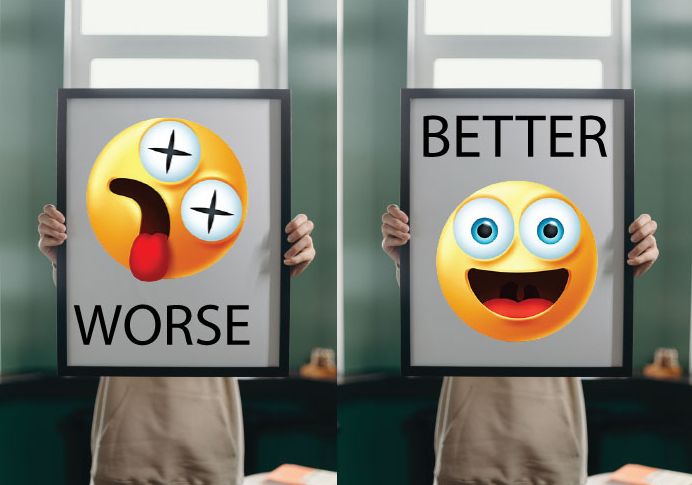
For Better or Worse This Is Your Family
I could have been born as a king or given up on adoption at the moment I was born. I could have been even killed at my birth, if, for example, I was born as a girl in places like China. I didn’t choose my family, but I can make my own decisions after I am born.
Similarly, after I was born, I could have been spoiled, not given enough attention, or my parents could have been too strict with me. Either way, every child has certain resentments towards their parents, regardless of who they are and how they were raised. This is to say that everyone has some mommy or daddy issues which they haven’t properly resolved, meaning that no one, by default, is completely fulfilled, regardless of how much or little their parents did for them.
To this degree, we can always hold something against our parents, so preferably we should not make a big fuss over small stuff. Still, I do recommend making a big fuss over big stuff, but either way try to forgive our parents, so we can move on with our lives.
Forgive the Following Three Groups of People
Forgive Your Family
Another Canadian-American motivational public speaker and success coach, Brian Tracy, said that we should forgive 3 groups of people. First, we should forgive your family. You are not perfect, they are not perfect, and this is also true for everyone else. As such, provided that your parents did the best possible job they could regarding you, you should have humility to accept whatever your parents did or didn’t do as a given.
By doing so, you should stop paying the victim and start acting as if you are in control of your own destiny and there is no one else to praise or blame but yourself, no matter what cards you were dealt. This is the only way to be healthy, happy, and reach your personal potential.
Forgive Yourself
Second, you should forgive yourself. Like your parents, you are not perfect and you can’t be expected to do everything correctly. As such, you may want to do everything correctly in your life, but occasionally you will come short of this goal. Sometimes you will be lazy, procrastinating, and have all the wrong habits, like smoking.
This is fine, but only to a degree that if you don’t accept who you are, and forgive yourself, you will forever carry an extra layer of negativity, which will weigh on you and prevent you from doing what needs to be done, such as addressing these sources of negativity. Simply said, no one is perfect, and even the happiest people alive realize that they are doing something wrong. They have the humility to accept these imperfections, smile, and focus on their strength, which, in turn, makes them even more happy and productive.
Forgive Everyone Else
Lastly, we have to forgive everyone else. The world is full of people, some of whom have done something to make us dislike them or ourselves. For every such person we have in our lives, we have to carry around their negativity, which will make our lives worse. Respectfully, you are not doing yourself any favors since your negativity does not automatically translate into others’ negativity.
As such, all the negativity you feel is your negativity and sure enough you can make others’ lives worse off, but all the time you will spend thinking, planning, executing, or carrying around this negativity, will make your life worse off, not theirs. So what if other people feel bad because of you? It’s not worth it. Forgive and forget and let go of the burden of negative emotions. In fact, if you really want someone else to suffer, show them how much you are thriving and how happy you are, but don’t show them your pain. This should be revenge enough.
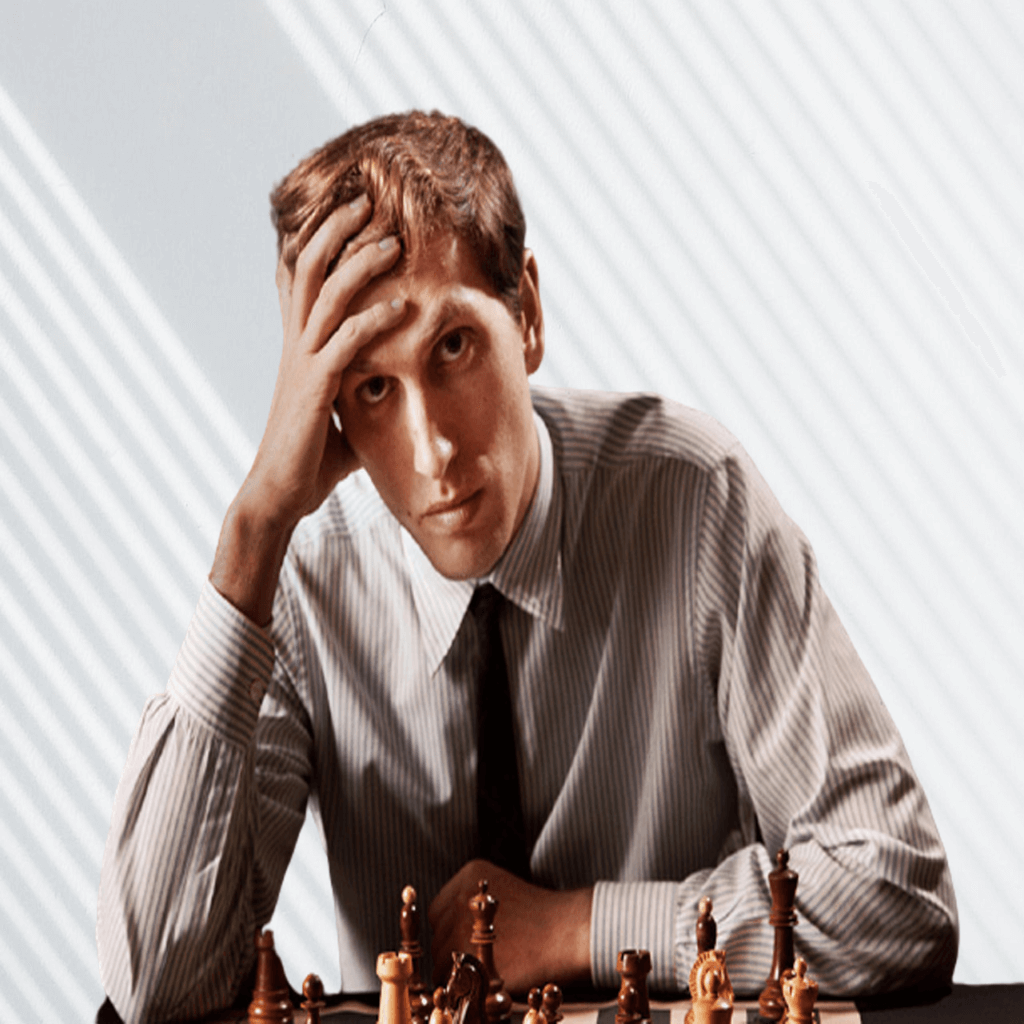
Bobby Fischer Didn’t Have a Toxic Family
Bobby Fischer is the American chess grandmaster who stole several decade long held title away Russians. He did this during the Cold War, which made this historic victory an instant regret for Fisher.
He spend the rest of his life in a self induced paranoia looking over the shoulder, convinced that Russian KGB spies were looking for him, trying to kill him for the embarrassment he caused on international stage. From this point forward, Fisher saw ghosts on every corner, even lashing out against his closest friends and most cherished allies, as he carried around this burden of negativity.
And while his story was tragic, we cannot blame Fisher’s parents for he didn’t have a toxic family. After all, he was raised in a relatively healthy environment, certainly with their own baggage of problems, but nothing deal breaking.
This is to say that while there is some blame that we can always attribute to our parents (or someone else), for the way they raised and took care of us, we can’t simply give away all the responsibility for our lives. As such, when things go wrong, often we don’t have anyone else to blame for it but ourselves. In the case of Bobby Fisher, he was raised in a good home and even achieved extraordinary highs, but his demise was purely his own fault.
At old age, Fisher was a very disturbed and negative person, not willing to talk to most people, and fostering enemies in many places in the world. He even refused to pay taxes over his tournaments winnings to the US government, later becoming paranoid that they too were there waiting around every corner, wanting to arrest him.
In the end, the story of Fisher is one of great achievements, but also of one of the greatest failures. He died deeply distrusting, negative, and in his mind, alone.
You Don’t Owe Nothing to Your Toxic Family
Another widely propagated lie, is that we owe something to our parents for all the years they invested in taking care of us. For example, some parents expect us to take care of them when they are old.
This is certainly one way of looking at it. A different way to see this is to imagine how selfish our parents were to have had us in a first place. They had us because they wanted us. We didn’t ask to be born and we owe them nothing because we were born. On other hand, they have full responsibility over their selfishness and they are totally accountable to raise us to the best of their abilities. In turn, we can decide to give back, but this is completely our decision. Thus, we get all the rights, but none of the responsibilities, unless we choose them.
In my opinion, we can and should give back to your parents, but only if we consider that their investment in us was worthwhile, but not so much if they made our life a living hell.
Here, some people will say that I probably had a bad childhood. I didn’t. It was average, as I was raised in a middle class home, with our own share of problems, which I don’t particularly consider better or worse than these of other people. As such, to this day, I still have a good relationship with my parents, but I no longer accept any negativity or metaphorical baggage from them either. I am my own man, but I am also friendly to them and give back as much as I receive, but I do it on my own terms and not theirs.
Furthermore, some parents have their children by mistake. They wanted to have some fun and the result of this fun is babies. Now, some of these parents do the right thing and decide to stay together to raise these children in a happy family, while others resent the fact they had one. Certainly, if a child was unplanned, it raises a few extra questions and doubts for some parents, that, unless they are addressed by the parents in this decisive manner, can come up in some subtle (or not subtle) ways in the child’s life. Of course, most people will never know if they were an accident and if they were conceived in the back of a car or in some bar’s bathroom. This is to say that we are not obliged to give anything back to parents, specially because we can never be certain about their real motivations.

Drawing Boundaries and Training Our Parents
Parents teach us a lot of things about life—the good and the bad. Yet, sometimes we have to give back to our parents and teach them things that they need to learn. This does contrasting to the popular belief that parents are omnipotent, authoritarian, and older, meaning that we would never have anything possible to teach them.
As such, sometimes parents have bad habits that we don’t like, such as they keep on asking us to call them every day. I know several people who, in their adult age, still to this day, give in to their parents’ demands (requests) and give them a portion of their busy lives to talk about whatever happened in the last 24h, spending on this few hours, day in and day out. This is ridiculous and we need to set some boundaries with our parents, since we are often so good at doing the same thing with other people, so why not also with our parents?
Often, this is simpler said than done, and every case may be different in terms of what we want to change and how our parents behave overall. Still, it is important to realize that the training of parents has been done in the past and it can be done again, we have a certain level of autonomy, our parents don’t own us, and we can set certain boundaries in terms of what we are willing to accept.
Dreams of Children and Their Parents
Lastly, when people have children, often they have to give up on their dreams, simply because raising a child takes so much time, money, and energy. In turn, parents might have a certain level of resentment towards what they could have had if it was not for their children. This may be a subconscious thought, but relevant nonetheless, because people are people and, generally, we all want certain things from life.
As such, when a baby is born, parents may realize how demanding a task of raising a child can be. They always thought it would be fun and games, but any sleep deprived parent will confirm, it is not always the case.
As such, parents can later have certain expectations towards their children, in terms of whom they want them to be and what life path they should take. Some of these desires can be based on simple thinking that “I never did it / had courage to do so, so my child should do it.”
This can create tension between the expectations of parents and the reality, since children often want to take their own path. In turn, this creates unnecessary tension in the lives of many, with some families even in adulthood, snarling at each over opportunities lost because of their children.
To resolve this situation, my personal approach is to lead by example rather than to expect others to act in a way I wouldn’t. As such, if ever I think “my children (if I ever have them) should do this or that,” this actually means that I want to do it, and why am I not doing it myself right now?

Families are Important, But to a Point
Overall, we should praise our families for everything they did for us, but also blame them if our lives were bad, especially if there are good reasons for this. After all, most people are willing to forgive and forget all the harm their families brought into their lives without ever addressing it. This leads to a lot of mommies and daddy issues, childhood traumas that follow people throughout their lives, preventing them from reaching their personal potential.
Sure, we are all imperfect, and we don’t want to carry around negativity, not from our parents, ourselves, or anyone else, but when our families keep on making our lives worse off, perhaps we should rethink how much time and energy we are willing to give them in our lives. Certainly, we don’t have to accept any responsibilities or demands from our parents, but we can do it only if we think this is fine.
The bottom line is that parents should learn to lead by example rather than pure demands, while children should set certain boundaries if these some of these expectations get out of hand and over board.







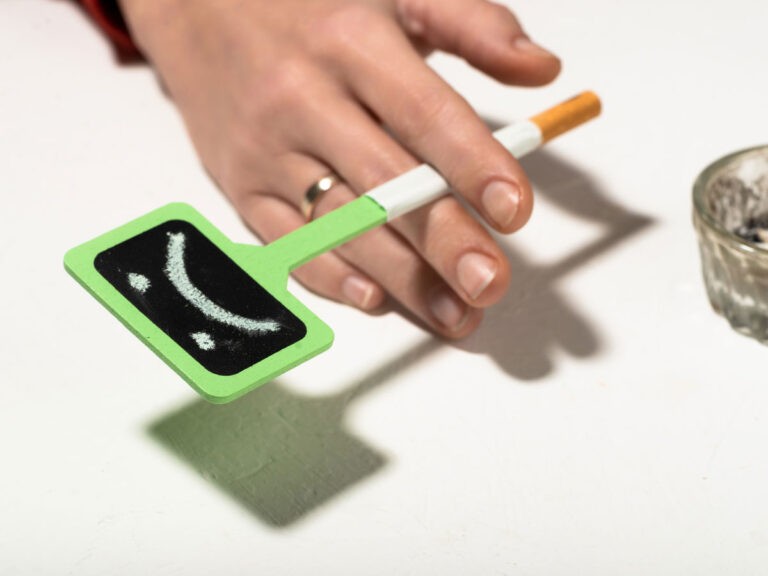





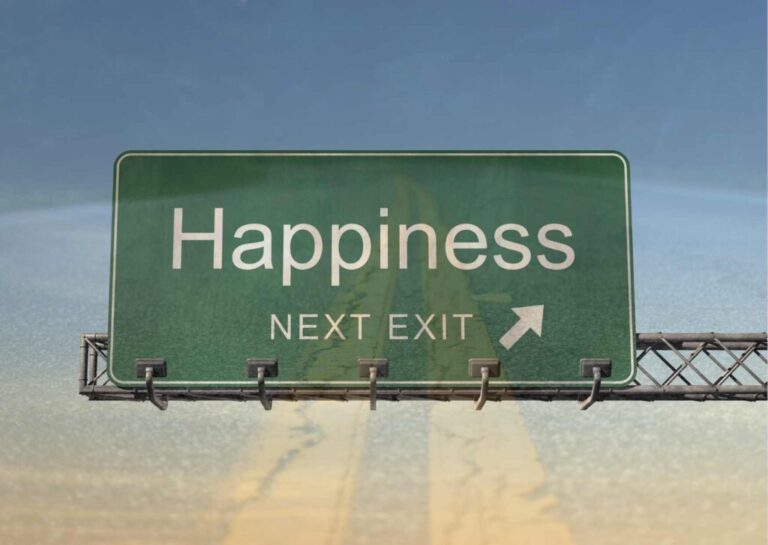

2 thoughts on “Toxic Family? Science Proved Your Solution for Happiness”
Pingback: Brave New World by Aldous Huxley (Happiness Book Review)
Pingback: Count Your Blessings: Life-Changing Power of Gratitude